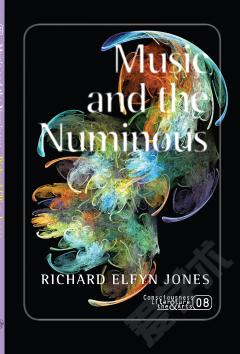Bebop —— The Music and Its Players
----- 比波普爵士乐:音乐及其玩家
"When bebop was new," writes Thomas Owens, "many jazz musicians and most of the jazz audience heard it as radical, chaotic, bewildering music." For a nation swinging to the smoothly orchestrated sounds of the big bands, this revolutionary movement of the 1940s must have seemed destined for a short life on the musical fringe. But today, Owens writes, bebop is nothing less than "the lingua franca of jazz, serving as the principal musical language of thousands of jazz musicians." In Bebop, Owens conducts us on an insightful, loving tour through the music, players, and recordings that changed American culture. Combining vivid portraits of bebop's gigantic personalities with deft musical analysis, he ranges from the early classics of modern jazz (starting with the 1943 Onyx Club performances of Dizzy Gillespie, Max Roach, Oscar Pettiford, Don Byas, and George Wallington) through the central role of Charlie Parker, to an instrument-by-instrument look at the key players and their innovations. Illustrating his discussion with numerous musical excerpts, Owens skillfully demonstrates why bebop was so revolutionary, with fascinating glimpses of the tempestuous jazz world. Owens comes right to the present day, with accounts of new musicians ranging from the Marsalis brothers to lesser-known masters like pianist Michel Petrucciani. Bebop is a jazz-lover's dream--a serious yet highly personal look at America's most distinctive music.
{{comment.content}}








 京公网安备 11010802027623号
京公网安备 11010802027623号